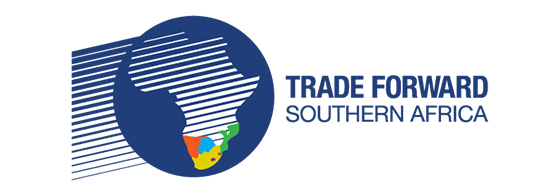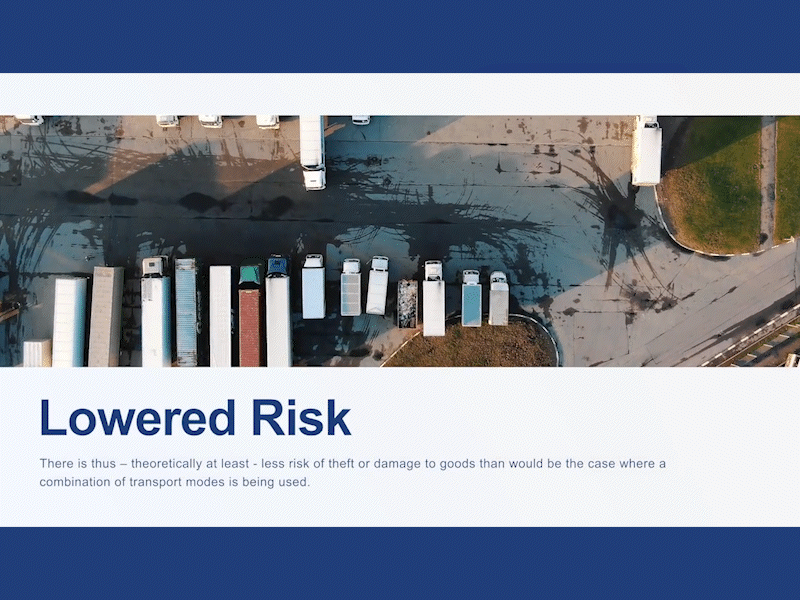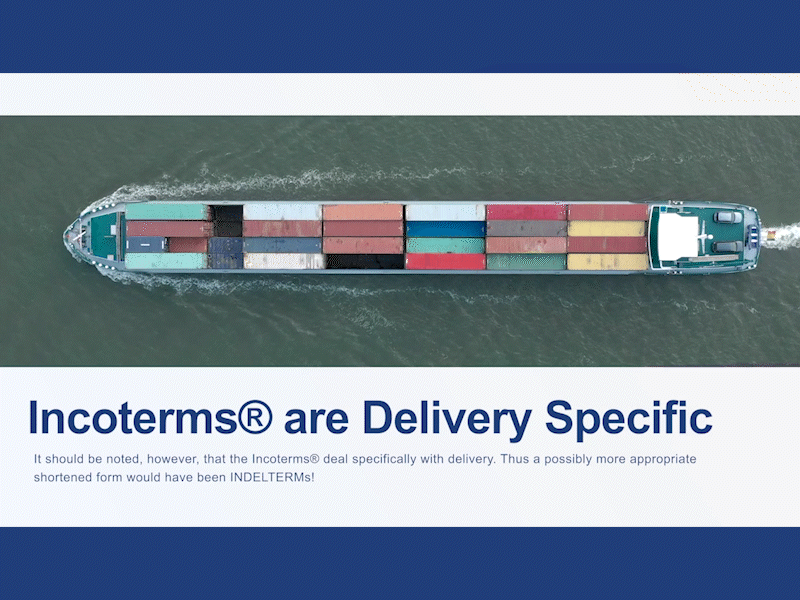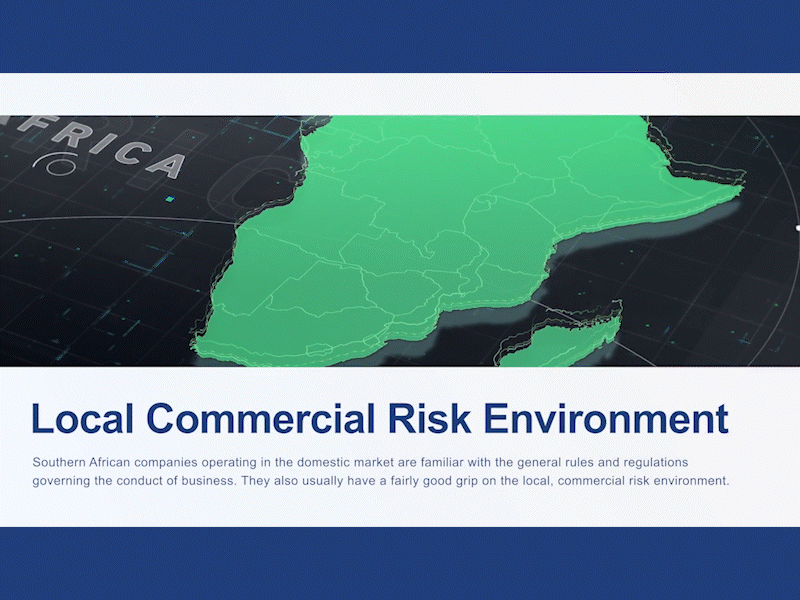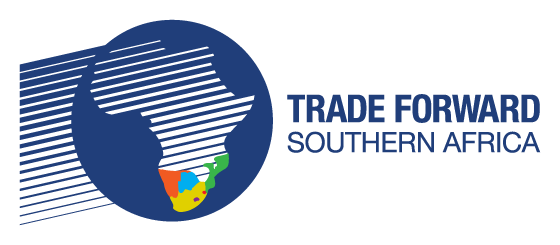Course 1: Export Foundation Training
Module 7: Managing Export Financial Risk
Module Rating
Module 7 of 7
~32 minutes
3 Topics
Multiple Assessments

This is the seventh free module of a comprehensive course covering the foundations of export training. This module covers the financial risks with a specific export transaction such as transactional risks, buyer risks, bank risks, country economic and political risks and exchange risks. It also teaches learners how to choose appropriate payment methods and suitable payment terms such as cash in advance, letters of credit, bank collections and open accounts.
Module seven also touches on how to cover the risk of non-payment with credit insurance CFC accounts as well as how to quote in foreign currencies while ensuring that you are covered for foreign exchange risk and covering the risk of cargo in transit. If you have not, check out Module 1, Module 2, Module 3, Module 4, Module 5 and Module 6 alternatively if you are up to date, click on the button below to start Module 7.
Who is this Module for?
Businesses & Organisations
who have identified an opportunity to expand their product range into foreign trade markets
Governmental Organisations
looking to stay current on export readiness or require potential export assistance
Entrepreneurs & Individuals
with a basic understanding of the global trading environment looking to grow their knowledge of export readiness
Trade Consultants
looking to expand their knowledge of export readiness and the stages involved
Businesses & Organisations
running into business or product issues trying to expand to foreign trade markets
Understanding export financial risks and implications are paramount to exporting effectively and safely. In this module, we’ll start by explaining what exactly is meant by export financial risk and how it can affect your exports and ultimately the financial wellbeing of your company. Thereafter we’ll discuss the role played by banks and credit bureaus in establishing the financial standings of either individuals and/or companies.
Through the use of visual examples, we will teach you how to differentiate between country financial risk and country political risk as well as the implications of each of these country risks. Thereafter we will break down exchange rates and explain what they are, how they work and what role they play within export transactions. Once exchange rates have been discussed we’ll delve further by highlighting the circumstance giving rise to worldwide exchange risk as well as how you as a company or individual can effectively mitigate exchange risk.
Once you have a firm understanding of exchange rate and exchange risk we can discuss the functions of bills of exchanges and bills of draft as well as the parties involved in the two bills. After the bills have been discussed we move on to explaining the core components and key differences between documentary collections and documentary credits.
When you have a keen understanding of documentary collections and documentary credits we’ll explain how a clean collection or credit differs from a usance collection or credit. Thereafter we will address, explain and lust the various things you as an exporter should check when receiving a documentary credit from importers.
Lastly, module 7 will break down and discuss the key features and differences between cargo insurance and credit insurance providing you with a clear understanding of how each of these forms of insurance works and what their intended use/function is.
Module seven is the final free module that forms part of your export foundation training. Having a firm understanding of the various forms of financial risks you may face during export transactions. Being aware of these risks when exporting allows you as an exporter to make the proper provisions to ensure that you are protected against these risks. Risks such as non-payment could severely damage the cash flow, supply chain and even the overall financial standing of your company.
By arming yourself with the knowledge and credit insurance as well as cargo insurance you can ensure that your company conducts worthwhile exports effectively, safely and efficiently. After completing this module alongside modules one through six you should have a firm grasp of the foundations of exporting and one step closer to exporting successfully. There are more free modules available delving deeper into the various parts of exporting.
Topic 1: Assessing financial risk associated with a specific export transaction
Topic 2: Choosing a payment method and payment term
Topic 3: Mitigating financial risk
This is the seventh free module in a series of seven to form a comprehensive course covering all the foundations of export training. If you are looking for export assistance, this is your ultimate source. Every course and the subsequent module has been developed and curated by the International Trade Institute of Southern Africa and Trade Forward Southern Africa. The entire training course is free of charge and can be completed by individuals and organisations alike. If you know anyone that would be interested, share this module with them using the link below. We would also love your feedback, so drop us a review once you have completed the module.
